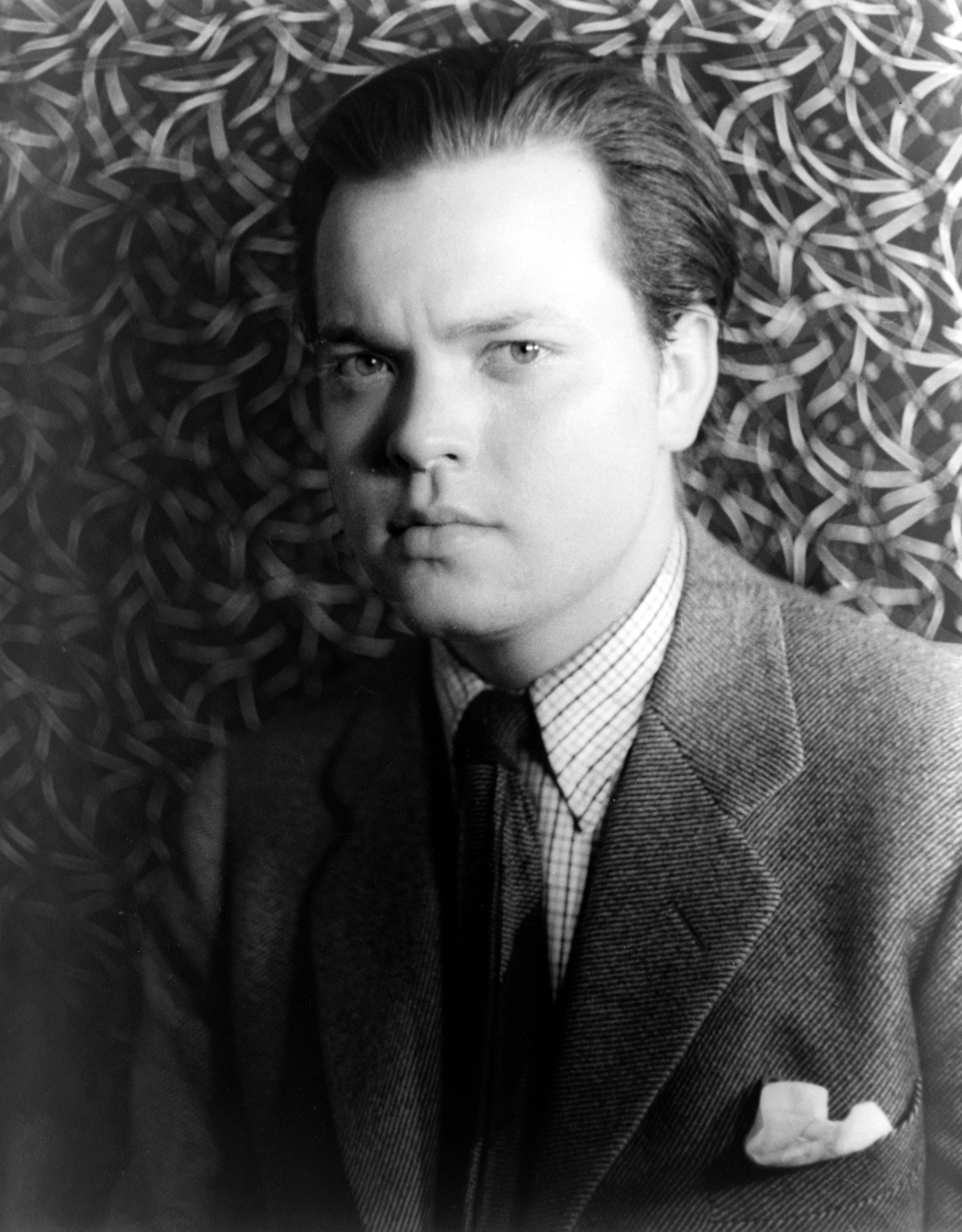In Honor Of May Day 2014-From The American Left History Blog Archives -From The May Day 2012
Organizing Archives –May Day 2013 Needs The Same Efforts Why You, Your Union,
Or Your Community Organization Needs To Join The May Day 2012 General Strike In
Boston-Stand Up!-Fight Back!
Last fall there were waves of
politically-motivated repressive police attacks on, and evictions of, various
Occupy camp sites throughout the country including where the movement started
in Zucotti (Liberty) Park. But even before the evictions and repression
escalated, questions were being asked: what is the way forward for the
movement? And, from friend and foe alike, the ubiquitous what do we want. We
have seen since then glimpses of organizing and action that are leading the way
for the rest of us to follow: the Oakland General Strike on November 2nd,
the West Coast Port Shutdown actions of December 12th, Occupy
Foreclosures, and other actions including, most recently, renewed support for
the struggles of the hard-pressed longshoremen in Longview, Washington. These
actions show that, fundamentally, all of the strategic questions revolve around
the question of power. The power, put simply, of the 99% vs. the power of the
1%.
Although the 99% holds enormous
power -all wealth is generated, and the
current society is built and
maintained through, the collective labor
(paid and unpaid) of the
99%-, we seldom exercise this vast collective power in our own interests. Too
often, abetted and egged on by the 1%, we fruitlessly fight among ourselves
driven by racism, patriarchy, xenophobia, occupational elitism, geographical
prejudice, heterosexism, and other forms of division, oppression and prejudice.
This consciously debilitating
strategy on its part is necessary, along with its control of politics, the
courts, the prisons, the cops, and the military in order for the 1% to maintain
control over side without worrying for a minute about their power and wealth.
Their ill-gotten power is only assured by us, actively or passively, working
against ourselves. Moreover many of us are not today fully aware of, nor
organized to utilize, the vast collective power we have. The result is that
many of us - people of color, women, GLBTQ, immigrants, those with less formal
educational credentials, those in less socially respected occupations or
unemployed, the homeless, and the just plain desperate- deal with double and
triple forms of oppression and societal prejudice.
Currently the state of the
economy has hit all of us hard, although as usual the less able to face the
effects are hit the hardest like racial minorities, the elderly, the homeless
and those down on their luck due to prolonged un and under- employment. In
short, there are too many people out of work; wage rates have has barely kept
up with rising costs or gone backwards to near historic post-World War II lows
in real time terms; social services like Medicare, Medicaid and Social Security
have continued to be cut; our influence on the broken, broken for us, government
has eroded; and our civil liberties have been seemingly daily attacked en
masse. These trends have has been going on while the elites of this country,
and of the world, have captured an increasing share of wealth; have had in
essence a tax holiday for the past few decades; have viciously attacked our
organizations of popular defense such as our public and private unions and
community organizations; and have increase their power over us through
manipulating their political system even more in their favor than previously.
The way forward, as we can
demonstrate by building for the May Day actions, must involve showing our
popular power against that of the entrenched elite. But the form of our power,
reflecting our different concepts of governing, must be different from the
elite’s. Where they have created powerful capital profit driven top down
organizations in order to dominate, control, exploit and oppress we must build
and exercise bottom-up power in order to cooperate, liberate and collectively
empower each other. We need to organize ourselves collectively and apart from
these top down power relationships in our communities, schools and workplaces
to fight for our interests. This must include a forthright rejection of their
attempts, honed after long use, to divide and conquer in order to rule us. A
rejection of racism, patriarchy, xenophobia, elitism and other forms of
oppression, and, importantly, a rejection of attempts by their electoral
parties, mainly the Democrats and Republicans but others as well, powerful
special interest groups, and others to co-opt and control our movement.
The Occupy freedom of
assembly-driven encampments initially built the mass movement and brought a
global spotlight to the bedrock economic and social concerns of the 99%. They
inspired many of us, including those most oppressed, provided a sense of hope
and solidarity with our fellow citizens and the international 99%, and brought
the question of economic justice and the problems of inequality and political
voiceless-ness grudgingly back into mainstream political conversation. Moreover
they highlighted the need for the creation of cultures, societies and
institutions of direct democracy based on "power with"- not
"power over"- each other; served as convivial spaces for sharing
ideas and planning action; and in some camps, they even provided a temporary
space for those who needed a home. Last fall the camp occupations served a
fundamental role in the movement, but it is now time to move beyond the camp
mentality and use our energies to struggle to start an offensive against the
power of the 1%. On our terms.
Show Power
We demand:
*Hands Off Our Public Worker Unions! Hands Off All Our Unions!
* Put the unemployed to work! Billions for public works projects to fix America’s broken infrastructure (bridges, roads, sewer and water systems, etc.)!
*End the endless wars!
* Full citizenship rights for all those who made it here no matter how they got here!
* A drastic increase in the minimum wage and big wage increases for all workers!
We demand:
*Hands Off Our Public Worker Unions! Hands Off All Our Unions!
* Put the unemployed to work! Billions for public works projects to fix America’s broken infrastructure (bridges, roads, sewer and water systems, etc.)!
*End the endless wars!
* Full citizenship rights for all those who made it here no matter how they got here!
* A drastic increase in the minimum wage and big wage increases for all workers!
* A
moratorium on home foreclosures! No evictions!
* A moratorium on student loan debt! Free, quality higher education for all! Create 100, 200, many publicly-supported Harvards!
*No increases in public transportation fares! No transportation worker lay-offs! Free public transportation!
To order to flex our collective bottom up power on May 1, 2012 we will be organizinga wide-ranging series of mass collective participatory actions:
*We will be organizing within our unions- or informal workplace organizations where
there is no union - a one-day general strike.
*We will be organizing where a strike is not possible to call in sick, or take a personal day, as part of a coordinated “sick-out.”
*We will be organizing students to walk-out of their schools (or not show up in the first place), set up campus picket lines, or to rally at a central location, probably Boston Common.
*We will be calling in our communities for a mass consumer boycott, and with local business support where possible, refuse to make purchases on that day.
* A moratorium on student loan debt! Free, quality higher education for all! Create 100, 200, many publicly-supported Harvards!
*No increases in public transportation fares! No transportation worker lay-offs! Free public transportation!
To order to flex our collective bottom up power on May 1, 2012 we will be organizinga wide-ranging series of mass collective participatory actions:
*We will be organizing within our unions- or informal workplace organizations where
there is no union - a one-day general strike.
*We will be organizing where a strike is not possible to call in sick, or take a personal day, as part of a coordinated “sick-out.”
*We will be organizing students to walk-out of their schools (or not show up in the first place), set up campus picket lines, or to rally at a central location, probably Boston Common.
*We will be calling in our communities for a mass consumer boycott, and with local business support where possible, refuse to make purchases on that day.
These actions, given the
ravages of the capitalist economic system on individual lives, the continuing
feelings of hopelessness felt by many, the newness of many of us to collective
action, and the slender ties to past class and social struggles will, in many
places, necessarily be a symbolic show of power. But let us take it as a wakeup
call by a risen people.
And perhaps just as important
as this year’s May Day itself , the massive organizing and outreach efforts in
the months leading up to May 1st will allow us the opportunity to talk to our
co-workers, families, neighbors, communities, and friends about the issues
confronting us, the source of our power, the need for us to stand up to the
attacks we are facing, the need to confront the various oppressions that keep
most of us down in one way or another and keep all of us divided, and the need
for us to stand in solidarity with each other in order to fight for our
collective interests. In short, as one of the street slogans of movement
says–“they say cut back, we say fight back.” We can build our collective
consciousness, capacity, and confidence through this process; and come out
stronger because of it.
Watch this website and other social media sites for
further specific details of events and actions.
All out in Boston on May Day 2012.
All out in Boston on May Day 2012.














